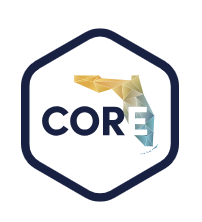This Florida initiative established a comprehensive state-supported system of addiction care for individuals suffering from substance use disorder with a focus on those with opioid use disorder
Standard addiction treatment programs have had limited success in supporting long-term recovery from substance use disorder (SUD). In response to rising overdose deaths, Florida's Coordinated Opioid Recovery Network (CORE Network), the first of its kind in the country, established a state-supported system of addiction care for individuals with SUD, starting with quick response teams staffed by paramedics. Financed by opioid settlement funds, CORE coordinates the initial EMS response with post-overdose stabilization using medications for opioid use disorder (MOUD), peer recovery support, transportation, primary health and dental care, and social services. Participants in CORE are assisted in finding treatment and risk reduction resources after an overdose, and are contacted regularly by staff to ensure basic needs are met to help maintain recovery. Agency partners in the initiative include The Florida Department of Health, Department of Children and Families, and the Agency for Health Care Administration.
CORE was first piloted in Palm Beach County by the EMS division of its fire department and has since expanded to twelve counties. An initial press release describes the motivation and aims of the project, a second release highlights program achievements after a year in operation, and news coverage of CORE can be found here and here. The program's contact information is available here.
From care and peer navigators directly within an emergency department, to sustainable overall health care, CORE's structure of care aims to disrupt the revolving door of addiction and overdose.









